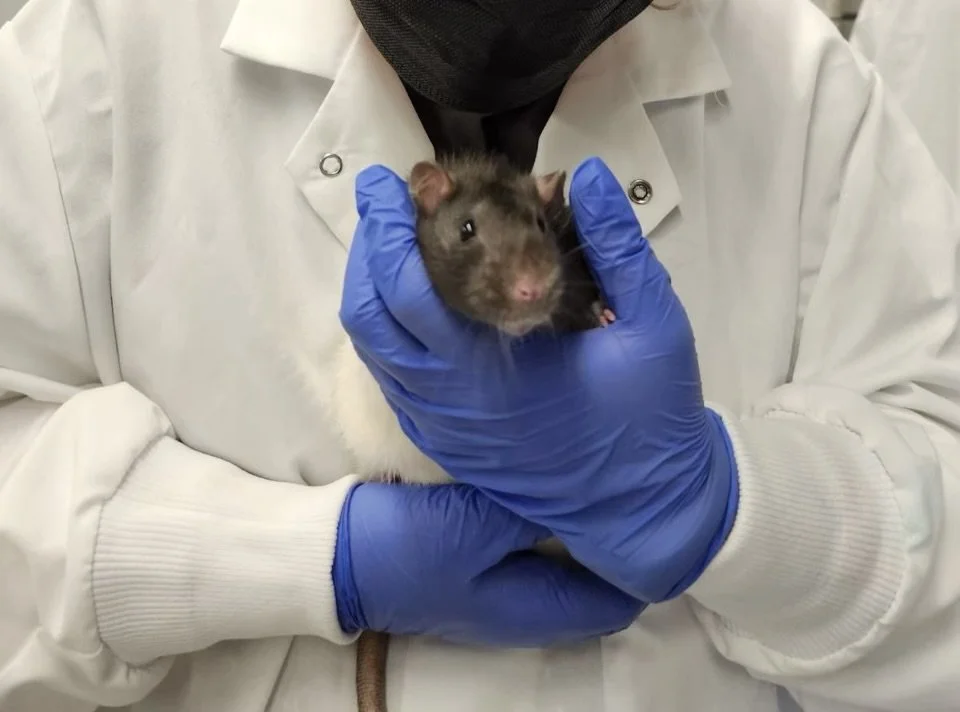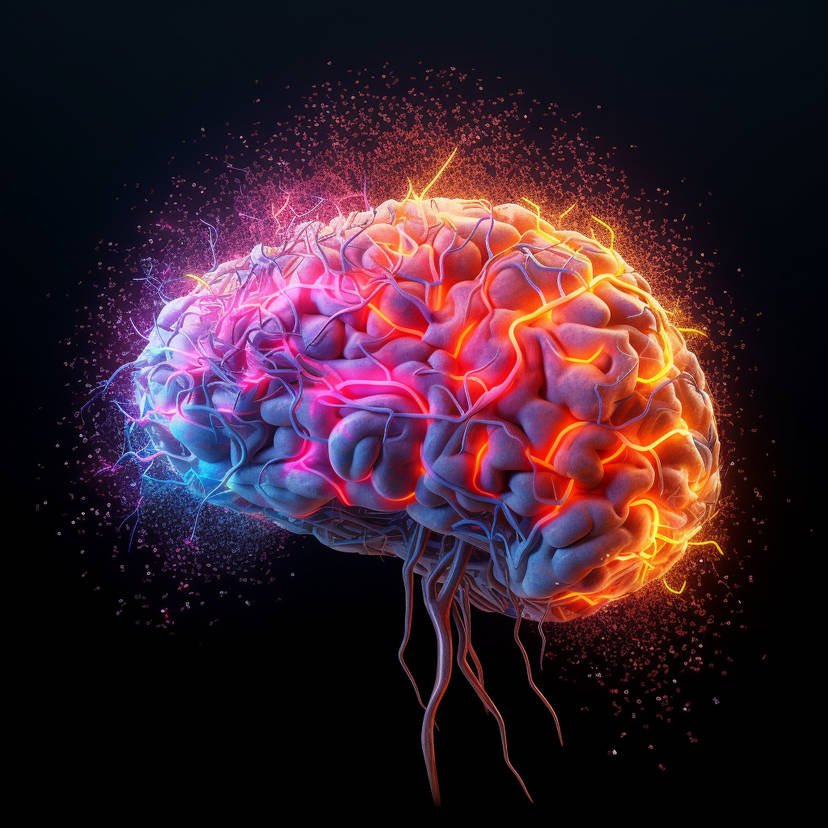Graphic by Mari Al Tayb ’26
By Angel Fox FP’26
S&E Section Editor
Mount Holyoke College welcomed the class of 2029 during this past orientation, where they were able to receive their first-year plants from Talcott Greenhouse. Plants for incoming first-years carry on a tradition started in 1971 by then-greenhouse manager Johnny Walker, who wanted to connect students with the greenhouse and botanic garden from the moment they entered Mount Holyoke College.
Tom Clark, director of the Botanic Garden, explained, “The goal of the new-student plant project is to showcase the richness of the greenhouse as a resource for students. We also want to bring a little green into their lives during this period of intense transition.”
Caring for these plants may come as a challenge for first-time plant parents and busy college students, but solutions are available. Any students wondering how to care for plants can ask employees at the Talcott Greenhouse during open hours. There is also a plant table available, where students can re-pot plants that need new homes with the aid of greenhouse staff.
Potted plants need a few basics to survive: Appropriate temperatures, a certain amount of light and water (each depending on their type).
Step one of caring for a new plant is to identify the plant. Once the plant name is known, many different resources are available online and at the College’s greenhouse.
According to Alison Costello, Mount Holyoke’s horticulturist and botanic gardens expert, the first year plants included “The spider plant, Chlorophytum comosum, which may be solid green or variegated [multiple colors on its leaves] with lengthwise stripes of white or yellow; Swedish ivy, Plectranthus australis, with glossy green leaves, reddish stems and scalloped edges; variegated Swedish ivy, Plectranthus coleoides, [which has] lime green foliage with bright cream and a fuzzy leaf; and the inch plant, Tradescantia zebrina, purple and silver green creeping plants that are fast-growing and have trailing stems.”
Proper placement in dorms can be challenging, as many plants require a certain amount of light per day. As Mount Holyoke College sits in the Northern Hemisphere, south-facing windows get the most sun due to the earth's axial tilt. According to Costello, all the plants given out by the greenhouse are chosen for success, and they appreciate bright indirect light. For dorms that face busy walkways, window privacy film may assist in keeping curtains open so that plants can get sun.
Plants should not be placed too close to heaters or drafty cold areas. Most indoor plants should be in environments kept above 60 degrees. 55 degrees is too cold for the plants given out by the greenhouse. If plants need to be moved between buildings in winter, it is important to protect them from freezing temperatures with paper or plastic coverings. Indoor plants should not be stored in vehicles or other outdoor areas during the winter.
Watering new plants can be made easier by tracking time between waterings in a calendar or with reminders on phones. Time between waterings will vary depending on pot size and material. To check if your plant needs water, insert your finger about two inches into the soil near the edge of the pot. If your fingertip is dry, it needs water.
Every plant is different, but most potted plants do not want soggy or dried out roots. Always check soil before watering to prevent overwatering. Costello recommends avoiding killing the plant with kindness. Frequently, new plant owners will think a distressed or yellowing plant needs water; in fact, a plant with yellowing leaves has often already been overwatered. Overwatering a plant can lead to root rot. This causes the plant to become unable to take up water or nutrients, leaf-wilt, and eventual death.
Alternatively, when plants have been dry for too long, it is important to give them plenty of water. This can be tricky, as completely dry soil often separates from the edges of pot walls and prevents water from being fully absorbed by the soil and roots. Plants can be stressed during this period, so try to avoid creating soggy soil. Putting the plant in the sink under a gentle stream of water for a few minutes helps to ensure the soil has absorbed the water. Drainage holes in pots are necessary, as they allow the plant to release excess water. After the soil has sat under the tap for a few minutes be sure to check the soil to see if it is wet, not soggy, by scratching away a small section about an inch deep. If it is still dry, continue the gentle watering under the tap and check again in a few minutes.
If there are questions, or if any student’s plants are in distress, they can contact the Botanic Garden and greenhouse staff. Costello explains, “Use the Botanic Garden staff as a resource. We are here to help. The best way is to set up an appointment with us. Inside the greenhouse's main entrance is a poster with a QR code. You can use that code to schedule an appointment. We can help you with any questions you have, troubleshooting plant problems or transplanting your plant. If it's too cold for your plant to travel outside, take a picture — we will try to give you tips from there. Soil and pots are also provided for students if they want to do it themselves. [These are] available anytime we are open: Monday-Friday 9-4, or Saturday and Sunday 1-4.”
There are many unique plants on display both in the greenhouse and Botanic Garden. Costello also urges students to take advantage of the garden’s many benches to destress or get some work done. Accessing the gardens and greenhouse is easiest from the Upper Lake entrance or from the stairs near Clapp Laboratory due to the ongoing geothermal project. Additionally, there will be many events in the Botanic Garden and greenhouse this fall.
Costello states, “Coming up this fall, the Botanic Garden will be hosting tours during Family and Friends Weekend. One tour available will be on that Sunday, focusing on the outdoor plants within the botanic garden, and the pollinators and animal habitats it supports. Check out the schedule when it becomes available and sign up to join us!”
Karishma Ramkarran ’27 and Madeleine Diesl ’28 provided fact-checking.








